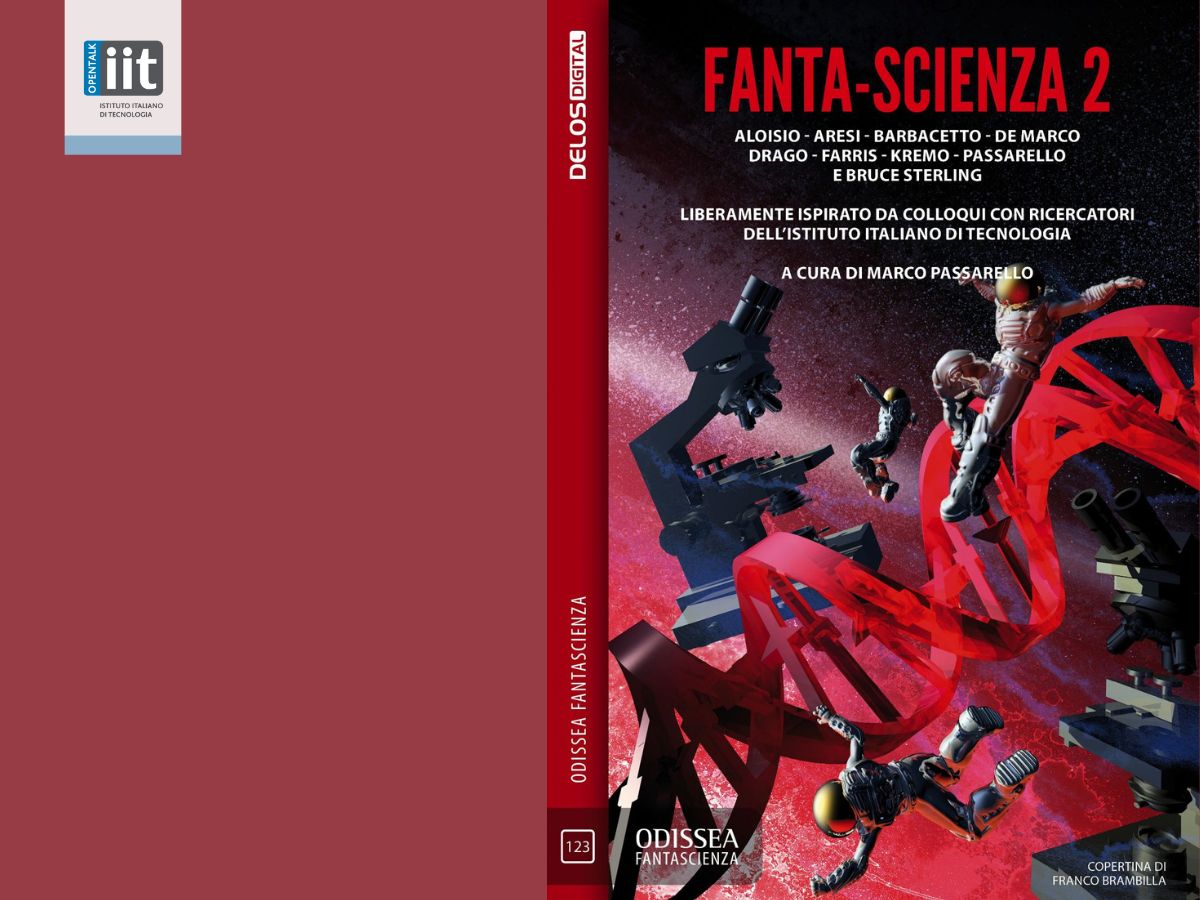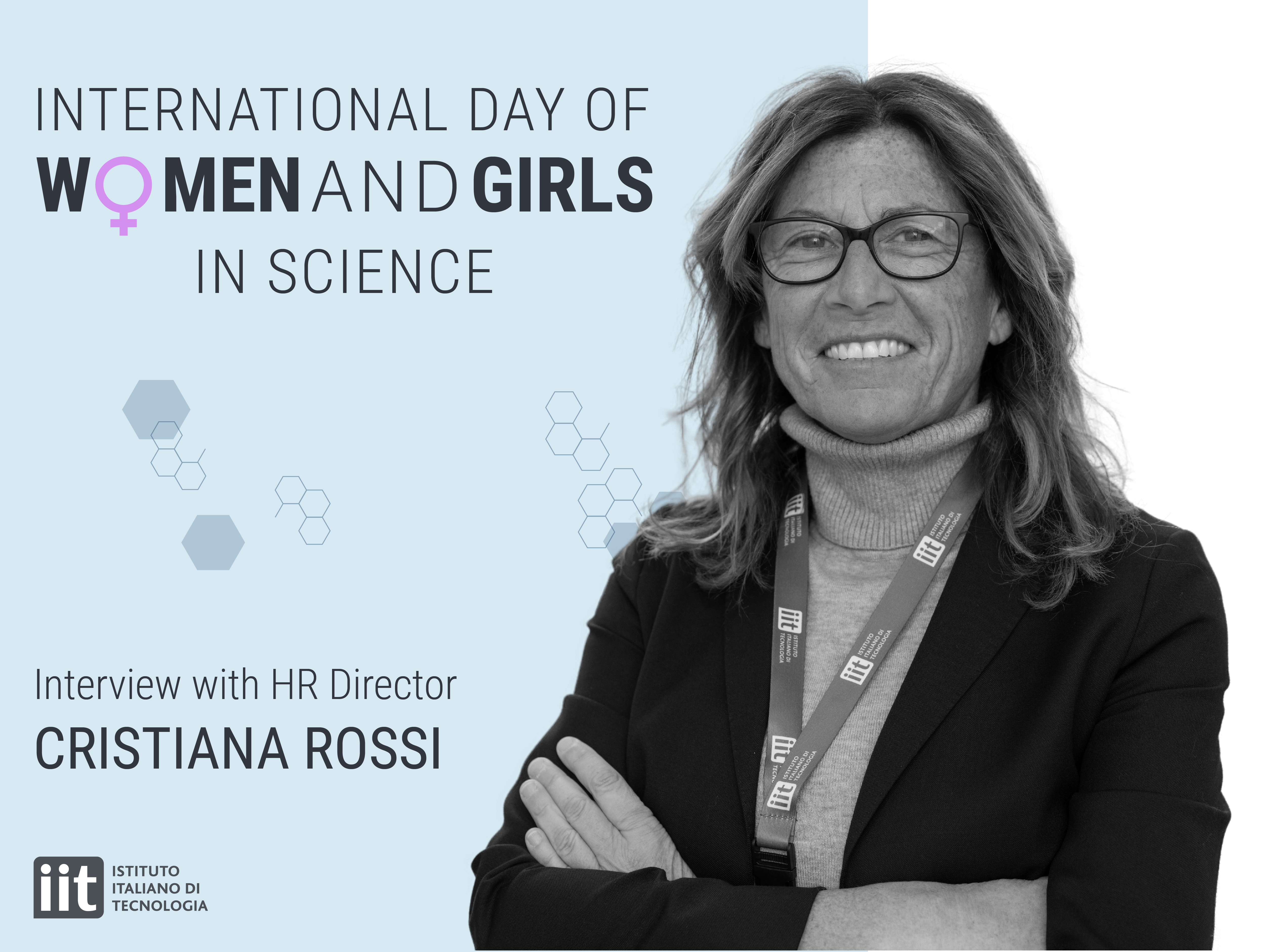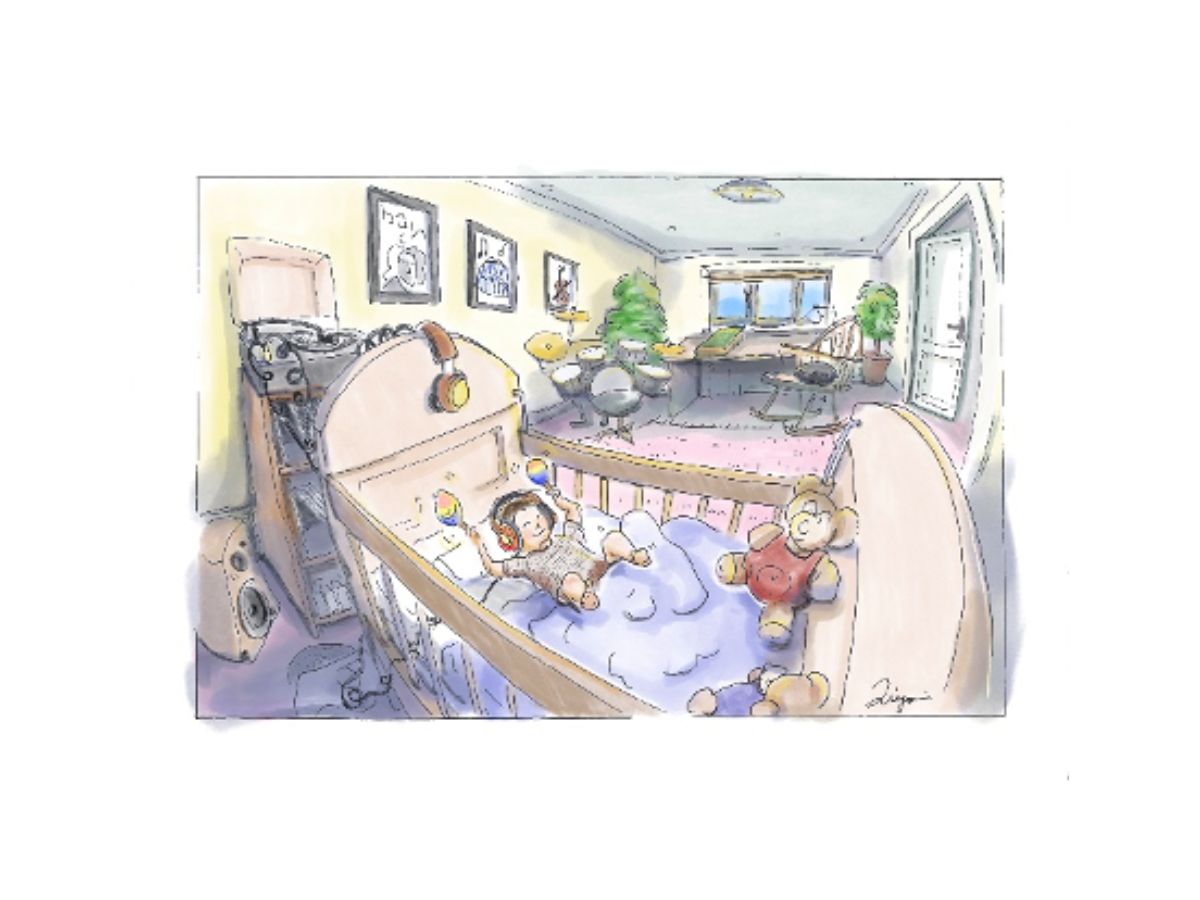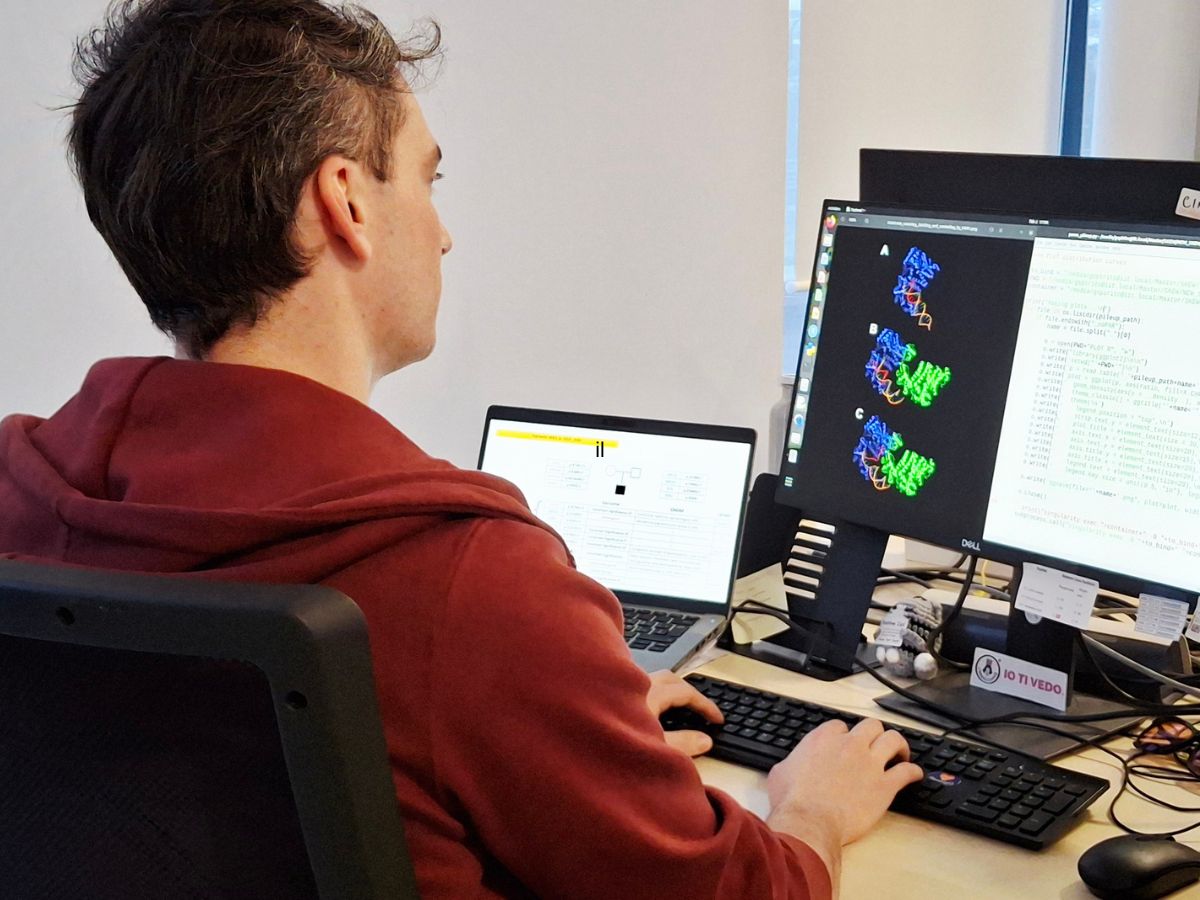IIT’s research-inspired science fiction anthology returns
Today, three years after the first volume, “Fanta – Scienza 2” is published, the second anthology of science fiction short stories freely inspired by the research activities conducted in the laboratories of the Italian Institute of Technology. It consists of 9 short stories ranging from neuroscience to soft robotics, by as many well-known writers on the science fiction scene, preceded by interviews with the scientists of reference.
Published for Delos Digital, the book benefited from the scientific advice of IIT researchers: Luca Berdondini, PI Head of the Microtechnology for Neuroelectronics laboratory, Antonio Bicchi, PI Head of Soft Robotics for Human Cooperation and Rehabilitation, Laura Cancedda, PI Head of Brain Development and Disease, Camilla Coletti, Director of the Center for Nanotechnology Innovation , Monica Gori, PI Head of the Unit for Visually Impaired People, Stefano Gustincich, PI Responsible for Non-coding RNAs and RNA-based therapeutics, Fabrizio Pirri, Director of the Centre for Advanced Materials for Sustainable Future Technologies, Alessandra Sciutti, PI Responsible for COgNiTive Architecture for Collaborative Technologies and Arianna Traviglia, Director of the Center for Cultural Heritage Technologies.
We caught up with the anthology’s editor and author of one of the stories, Marco Passarello, an engineer by training and RAI journalist.
Passarello, is science fiction literature still going?
I would say that we cannot complain, although we are a long way from the golden age of science fiction in literature, which dates back some fifty years, when the Italian magazine ‘Urania’ came out every fortnight and sold 50,000 copies. Sales levels from which we are far removed today. Many believe that the turning point was marked by the release of ‘Star Wars’, which cleared customs for a type of science fiction, the cinematic one, more spectacular and pop, less research-based, which replaced literary science fiction in the public’s taste, certainly more content-based. At the same time, however, science fiction has since then spread as a means of expression no longer peculiar to the niche author, becoming mainstream although less recognisable.
Why get inspired again by research made in IIT?
I was at Lucca Comics, when Bruce Sterling, a well-known US science fiction author, also at the event, publicly sang the praises of the first anthology. We met and he asked if he could take part in the writing of the continuation of the collection of short stories, assuming there would be one. And so it was. As an avid reader of his works, I could not evade it, and above all, I could not find better ideas than those found in IIT’s laboratories where frontier science is done.
Which story did Sterling work on?
The chapter entitled “Mare Nostrum” inspired by the research conducted by Antonio Bicchi, which Sterling himself called on Twitter “the most bizarre story” to come out of the pen of Bruno Argento, his pseudonym when writing in Italy.
Returning to the dichotomy between science fiction in literature and in films, which of the 9 stories in “Fanta – Science 2” lends itself best to a cinematic representation?
For this destination, I would think of the story I wrote entitled “Ouija” about the research done by Luca Berdondini. The reference is to those tablets with letters and numbers on which you can compose messages with the help of a glass, moving from letter to letter. Here I have referred back to what Berdondini told me about brain-machine interfaces, imagining a system capable of retrieving the last thoughts of a person who is no longer with us and thus being able to retrieve thoughts from the afterlife. In this chapter, I also wanted to add an action component by imagining mercenaries capable of piloting robots through their thoughts.
Secondly, Lukha Kremo’s story ‘I’ll lend you my eyes’, which takes its cue from Monica Gori’s studies on the multisensory development of children with and without visual impairment with the aim of creating new technologies to improve social inclusion. In my opinion, in this case we are in front of a science fiction chapter tending towards the mystery genre, a la “Black Mirror”, which talks about attacks and kidnappings, experienced remotely by a visually impaired person, as if it were happening to her.
Another story that you would recommend as emblematic of the anthology?
Without anticipating too much for the readers, I would recommend reading the short story “Conservare e tramandare” written by Clelia Farris, an author who took part in the project for the first time this year. Farris started from Arianna Traviglia’s research on new technologies for the protection of cultural heritage, from which she then developed the narrative that unravels around an almost mythological figure, a mutant octopus capable of performing the job of archaeologist. I find it a very introspective and moving tale.






